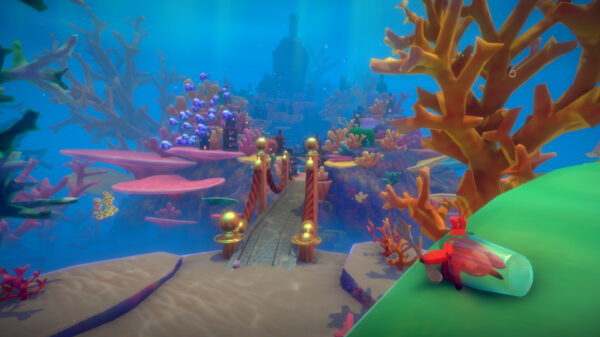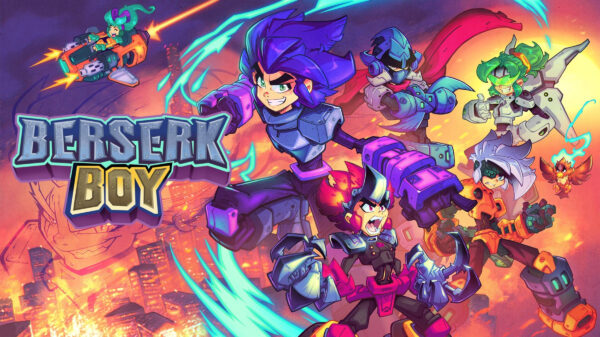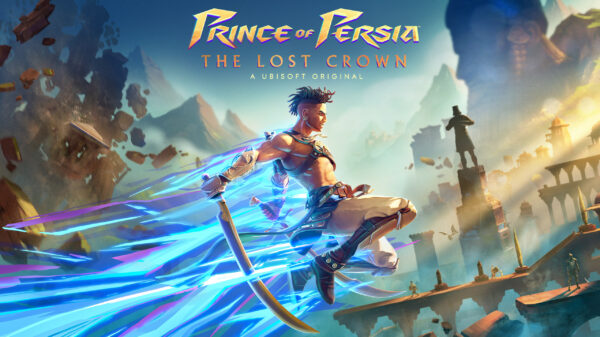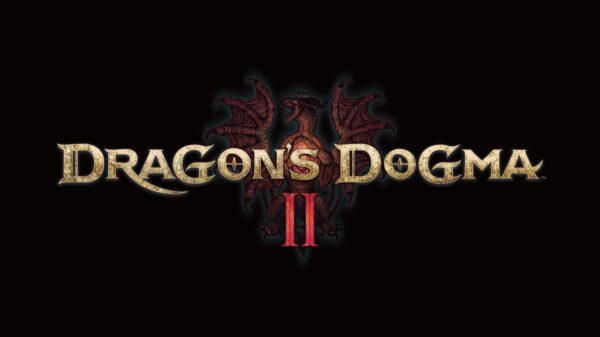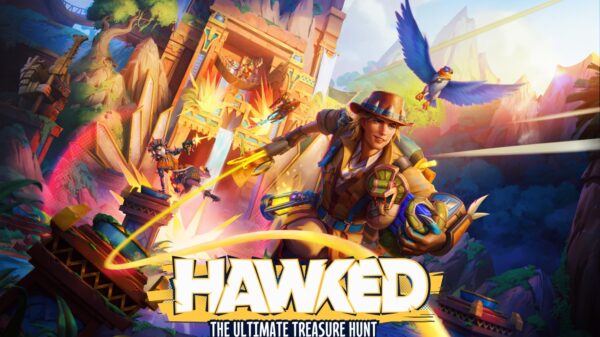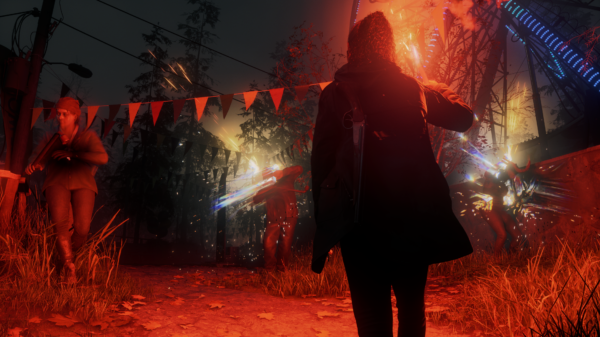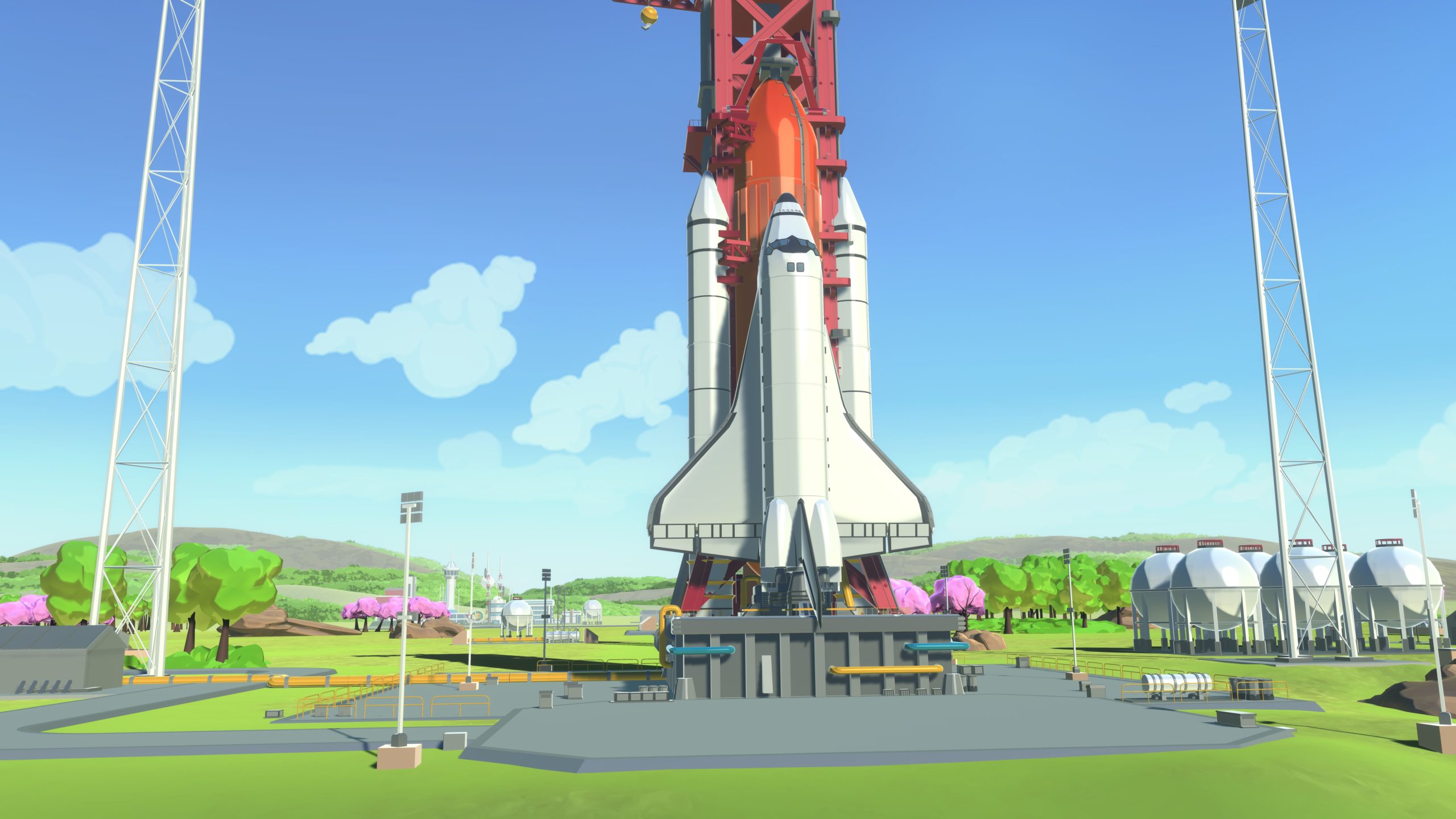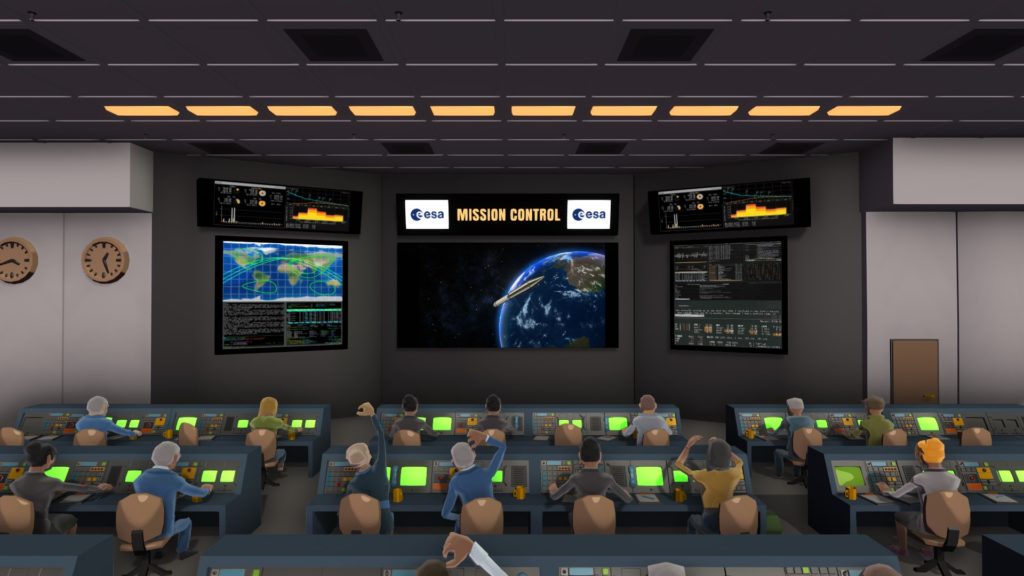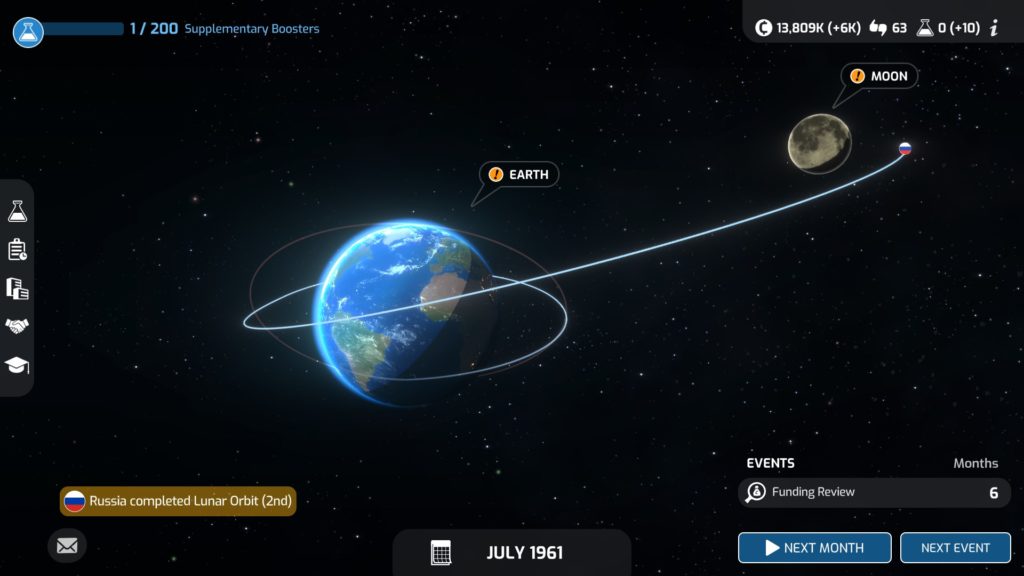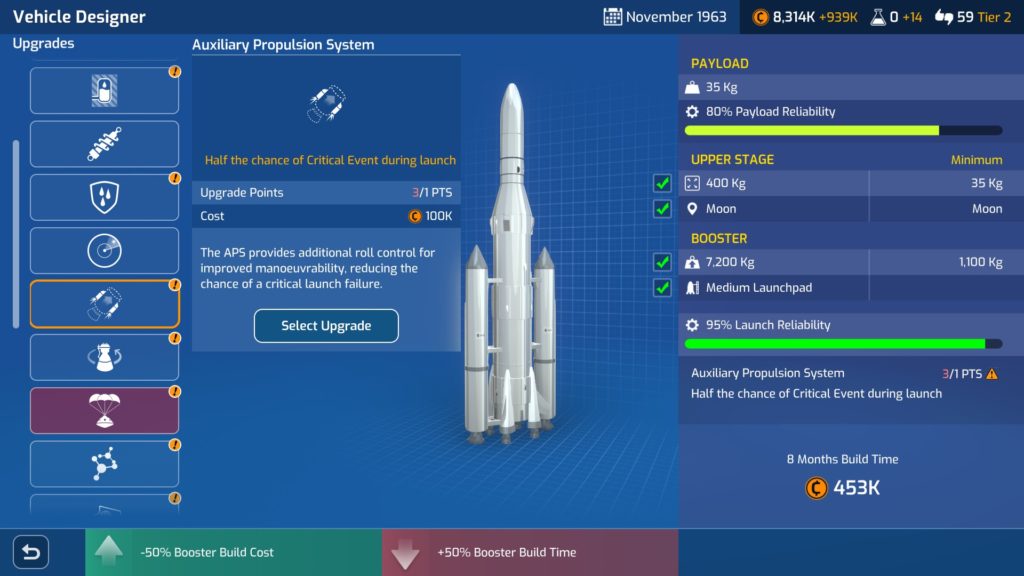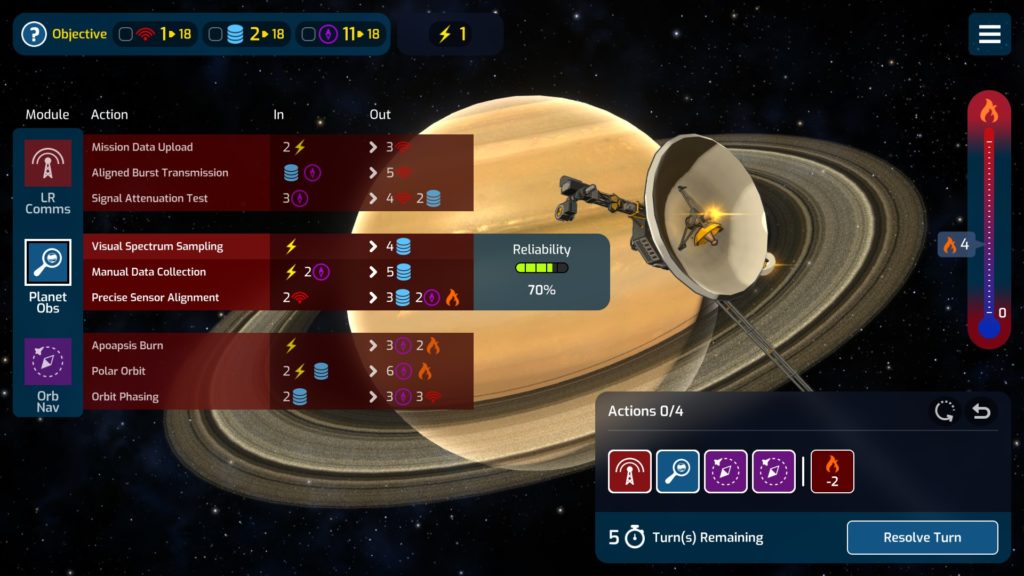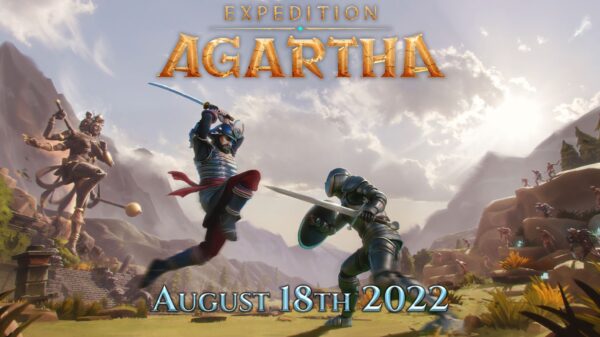You don’t have to be the doofus son of South African emerald miners to run your own space program, but it helps. If you are not the doofus son of South African emerald miners, there’s Mars Horizon.
Created with support from the European Space Agency, Mars Horizon is best described as Space Program Tycoon. Initially, it seems like it’s going to be like Kerbal Space Program, but Mars Horizon puts you at a comfortable, managerial distance where you don’t have to learn to actually fly a rocket or calculate orbital mechanics. Instead, you plan launches, build facilities, watch your political support, negotiate agreements with competing agencies, manage contractors, and, every now and again, actually manage a space mission.
The premise is “Make your own space agency,” but that’s not exactly true. You can choose from the European Space Agency, NASA, the USSR/Russian space agency, China, and Japan. All of them have different bonuses and playstyles. The Soviets, for example, can launch when no one else can and have cheaper cosmonauts, while everyone likes the Europeans so they get better rewards in joint missions and improved diplomatic bonuses.
Theoretically, you can customize one of those agencies, rather than create an entirely new one, so there’s no space ambitions for Texas. However, aside from picking a different flag, renaming the agency, and tweaking its particular bonuses, everything stays the same. For example, I did try to make a Texas Space Agency to replace Japan, but aside from changing the flag and its particular bonuses to make it a research powerhouse (I figure there’s Austin, right?), everything stayed Japanese. I could rename the launch site, but it was the same launch site Japan has. The vehicle names were still Japanese by default, the available vehicles to research was the Japanese set (which borrowed heavily from the American set) and the communications still wished me “Ganbatte” rather than “Howdy,” as I would’ve wanted.
To compare and contrast the playstyles, I felt the Soviet Union was powerful and had good rockets but was always cash strapped. My Japanotexans didn’t have launch vehicles that were as reliable, but they had a ton of money and I took an upgrade to my mission capability so I was always running several missions at once.
With the Japan-o-texans, I didn’t have the sheer brute force of Soviet rocketry, but I had a much cheaper toolkit with a variety of rockets for various uses. I was regularly running a milestone mission or two for status and prestige and then using other missions to build a huge monetary reserve. So aside from dashing my dreams of astronauts in cowboy hats, there was a noticeable difference in playstyle, which gives it some replayability and customizability.
The “building an agency” part is absolutely correct. This is a ground-up job. Your agency of choice starts with a launchpad to launch what are basically fancy model rockets and “build an actual launchpad” is one of the first things you have to do. Mission times are split into two broad categories: Milestone missions are actual achievements like being the first to orbit Earth or landing someone on the moon. These are what everyone is fighting over and bragging rights, rewards, and political support go to those who do things first. Request missions are, basically, “Say, buddy, it would be nice if you can shoot this into space for us,” missions and may provide research rewards, fat stacks of spacebux, political support, or potentially even new rockets to unlock.
Once you choose a mission, you have to build the payload. This may be a satellite or manned capsule and comes in various flavors that are all, essentially, “Reliable but boring,” “Has more stuff but less reliable,” or “can do more things but is expensive.” Once you find your playstyle, you probably won’t dabble too much.
And then it’s time to build the rockets. This allows some customization based on what particular parts you’ve unlocked in research and doing missions, but you basically want to pick a booster and stages that can actually lift the payload without being ridiculously expensive. Reliability is also important, as that determines whether you sink millions of dollars into a fancy firecracker or actually get into space.
The last stage of pre-mission planning is crewing it, if it’s a manned shot, then picking a training focus. As you build buildings, the crew can train in various things like “not blowing up on the pad” or “cramming lots of science experiments onto the thing” or “actually making the payload work. Picking a launch date is the final step and there are various modifiers at work here, like days you just can’t launch, days you can launch but with a penalty, and theoretically good days TO launch. Weather is always a factor, so even if you pick a great launch date, it might rain. Curse you, The Weather!
The unspoken resource on top of all this is time. Building payloads takes time. Building rockets takes time. The longer your crew gets to train, the better the bonus you get on launch day. Longer missions may go months between stages.
But…other agencies are fighting like hell to beat you to milestones. Your funding gets reviewed and increased or decreased every twelve months. You also get big bumps in research for every successful mission, so NOT launching means it takes longer to get that shiny new booster you need, but launching into a thunderstorm may make your rocket explode.
And then we’ve made it to…SPAAAAAACEEEE! Assuming we didn’t explode, of course. Instead of piloting the spacecraft, missions play out in a series of one or more stages based around a resource mini-game that can vary, but it’s usually things like spending satellite power to send the required number of transmissions or using your crew to gather the required data while dealing with the satellite malfunctioning or all of space being specifically designed to kill human beings. This little minigame happens in various forms for every stage of the mission, so if you like it, it’ll be a fun and interesting diversion. If you don’t find resource management minigames compelling, well, tough shit because that’s what there is.
It’s basically all the management bits of XCOM or one of those choice-based games where you make a decision, then have to wait a bit to see what plays out. Everything plays in month-based turns, so you decide to build a rocket, then wait a few months, then launch the rocket, then play the minigames to determine if you succeed on the mission.
Between missions, you’re managing the actual, physical space of your base, because there are a ton of buildings that all do different things, but there’s only so much space. Just to pile on top of that, placing buildings adjacent to each other can have bonuses or debuffs, so placing the nerds in research right next to the launchpad won’t get you quite as much research because it’s noisy and nerds are delicate and frighten easily. You’re trying to decide between missions to juggle competing priorities, like “actually getting to Mars” versus “It would be sweet to have better rockets” versus “But if I don’t get a mission launched soon I won’t get a budget increase.” You’re picking research priorities based on decisions like “Do I go for the next big, prestigious mission and beat everyone else, or do I unlock that building that gives me a bonus for EVERY mission and let China beat me?” On thinking about it, this all sounds kind of stressful, but I found it extremely engrossing. And I didn’t even have to learn orbital mechanics.
It’s Space Program Tycoon.

